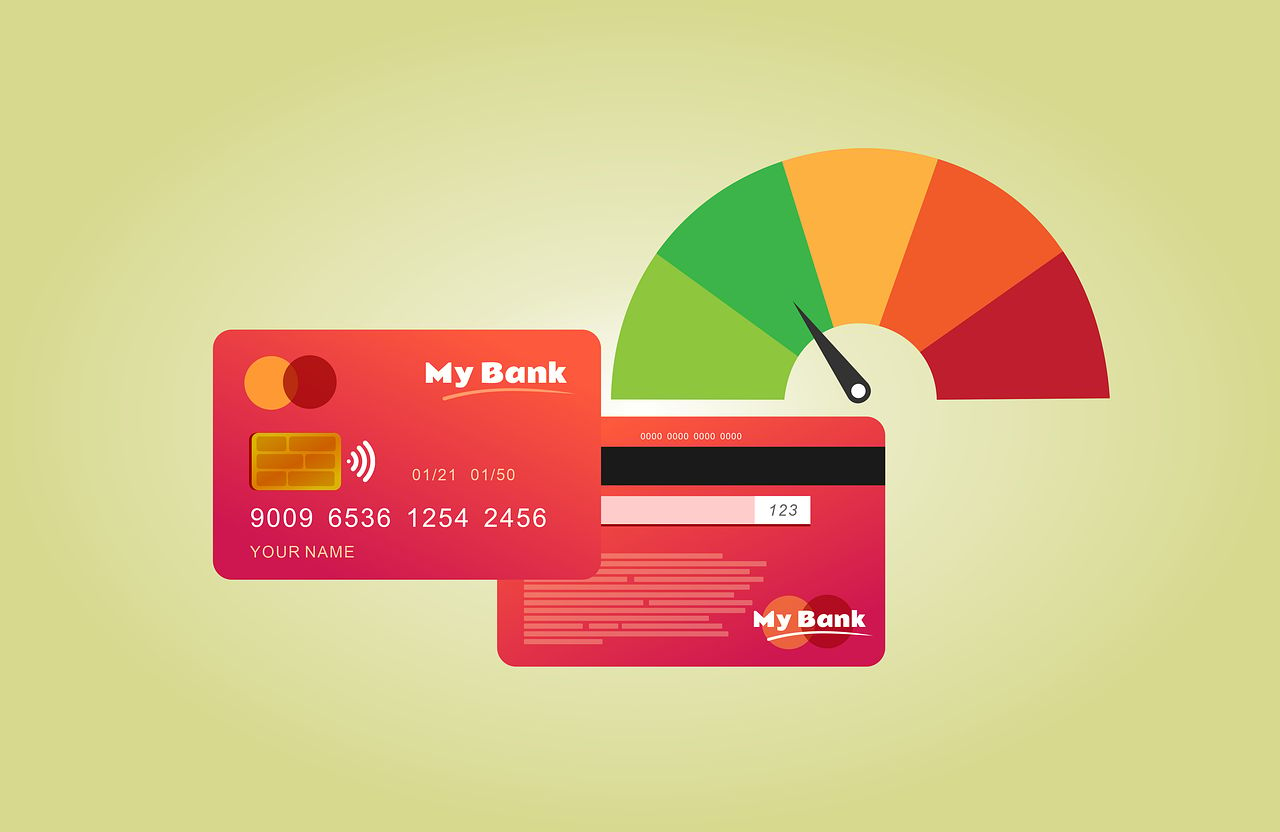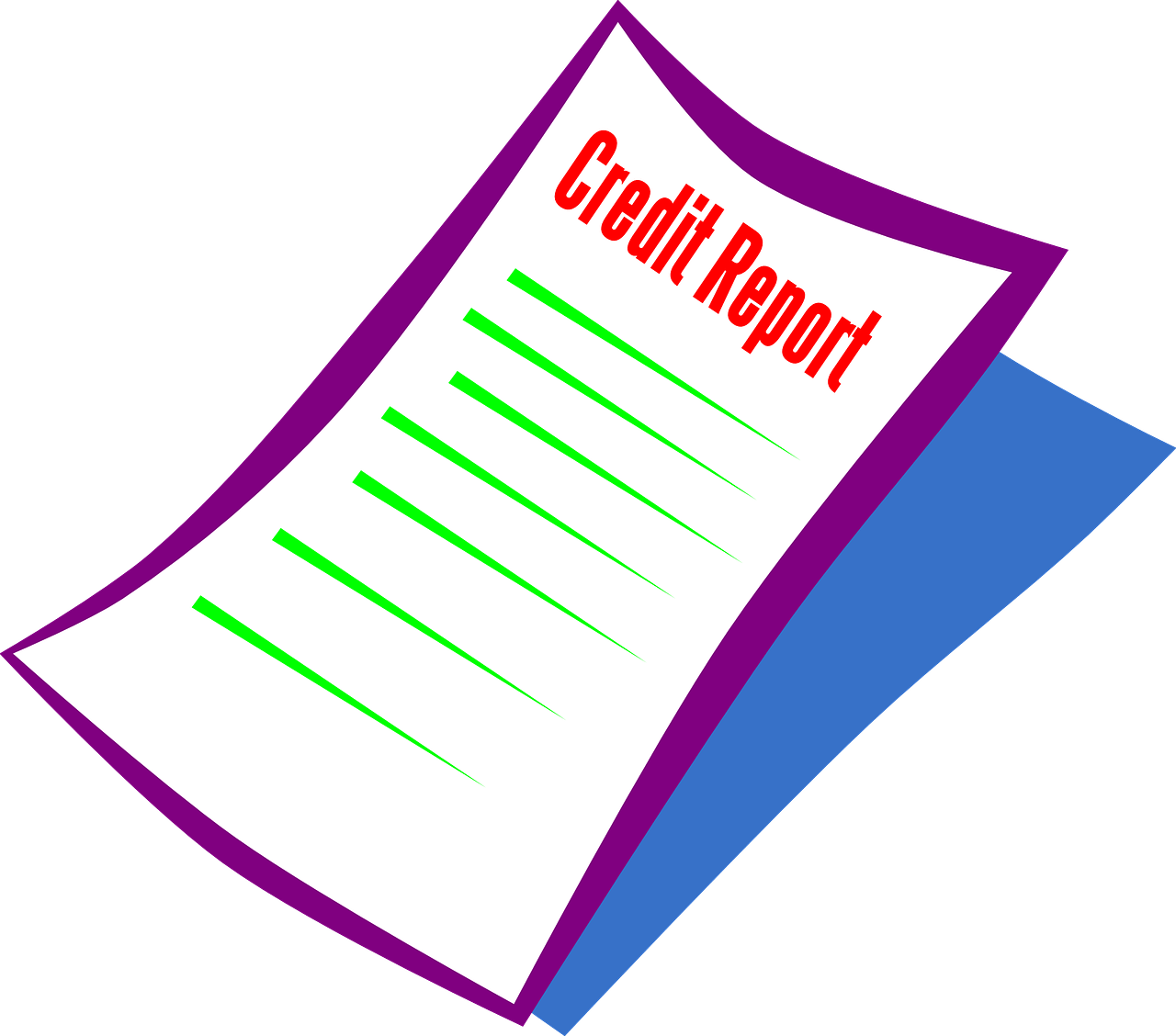- Cash Flow U Chronicles
- Posts
- Credit Scores Made Simple
Credit Scores Made Simple
Secrets to a Better Financial Future

Empowering You 4 Innovative Cash Flow Ideas!
Introduction
Think of a credit score as your financial report card. It shows how well you've handled borrowing money in the past, or another way to put it, it is written verification of your integrity. This score is super important because banks and lenders use it to decide if they should lend you money. Let's break down what a credit score is, what affects it, how to check it, common myths, steps to improve it, and why it's important.

Understanding Credit Scores
A credit score is a number that shows how good you are at paying back money you’ve borrowed. It ranges from 300 to 850, with higher numbers being better. There are different types of credit scores like FICO and VantageScore, but they all do the same thing: show how trustworthy you are with credit. Your credit report, which is a record of your borrowing history, is used to calculate your score.
Factors Affecting Your Credit Score
Payment History (35%): This is the biggest factor. It looks at if you pay your bills on time.
Amounts Owed/Credit Utilization (30%): This measures how much of your available credit you’re using. Using less is better.
Length of Credit History (15%): The longer you’ve been borrowing, the better.
New Credit Inquiries (10%): Opening a lot of new accounts quickly can hurt your score.
Types of Credit in Use (10%): Having different kinds of credit (like credit cards, car loans, etc.) can help your score.
How to Check Your Credit Score

You can check your credit score in a few ways:
Free Credit Reports: Websites like AnnualCreditReport.com let you get a free report from each of the three major credit bureaus (Equifax, Experian, and TransUnion) once a year.
Paid Services: Some services let you check your score more often for a fee.
Soft Inquiries: Checking your own score through these services doesn’t hurt your score.
Common Credit Score Myths
Checking your own credit score lowers it: This isn’t true. Checking your own score doesn’t affect it.
Closing old accounts improves your score: Actually, closing old accounts can hurt your score by shortening your credit history and reducing available credit.
Only people with debt need a credit score: Everyone needs a credit score because it’s used for more than just borrowing money. It can affect renting an apartment, insurance rates, and even job opportunities.
Additional Resources
Credit Bureaus: http://www.AnnualCreditReport.com
Credit Score Management Tools: https://www.creditkarma.com